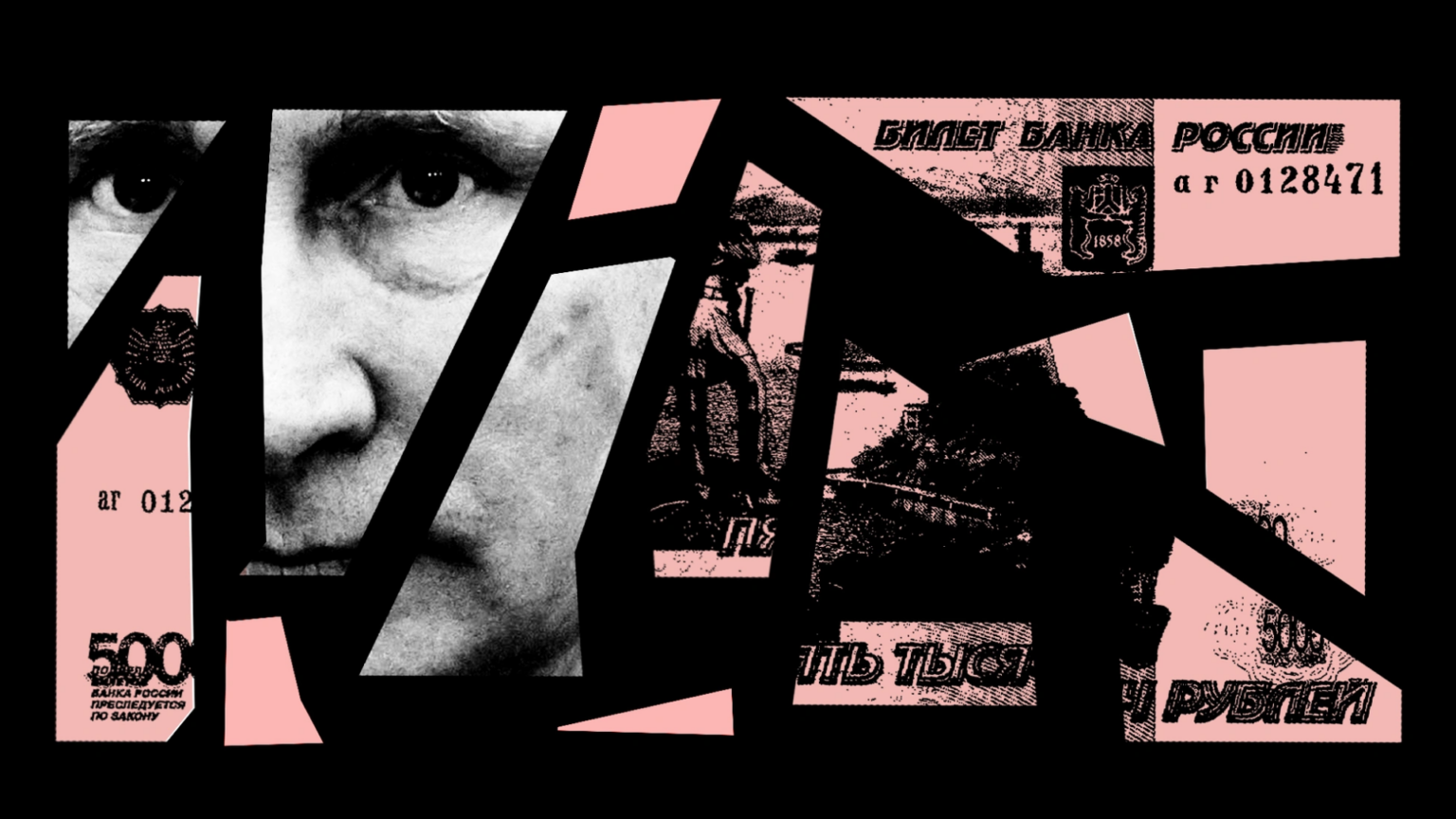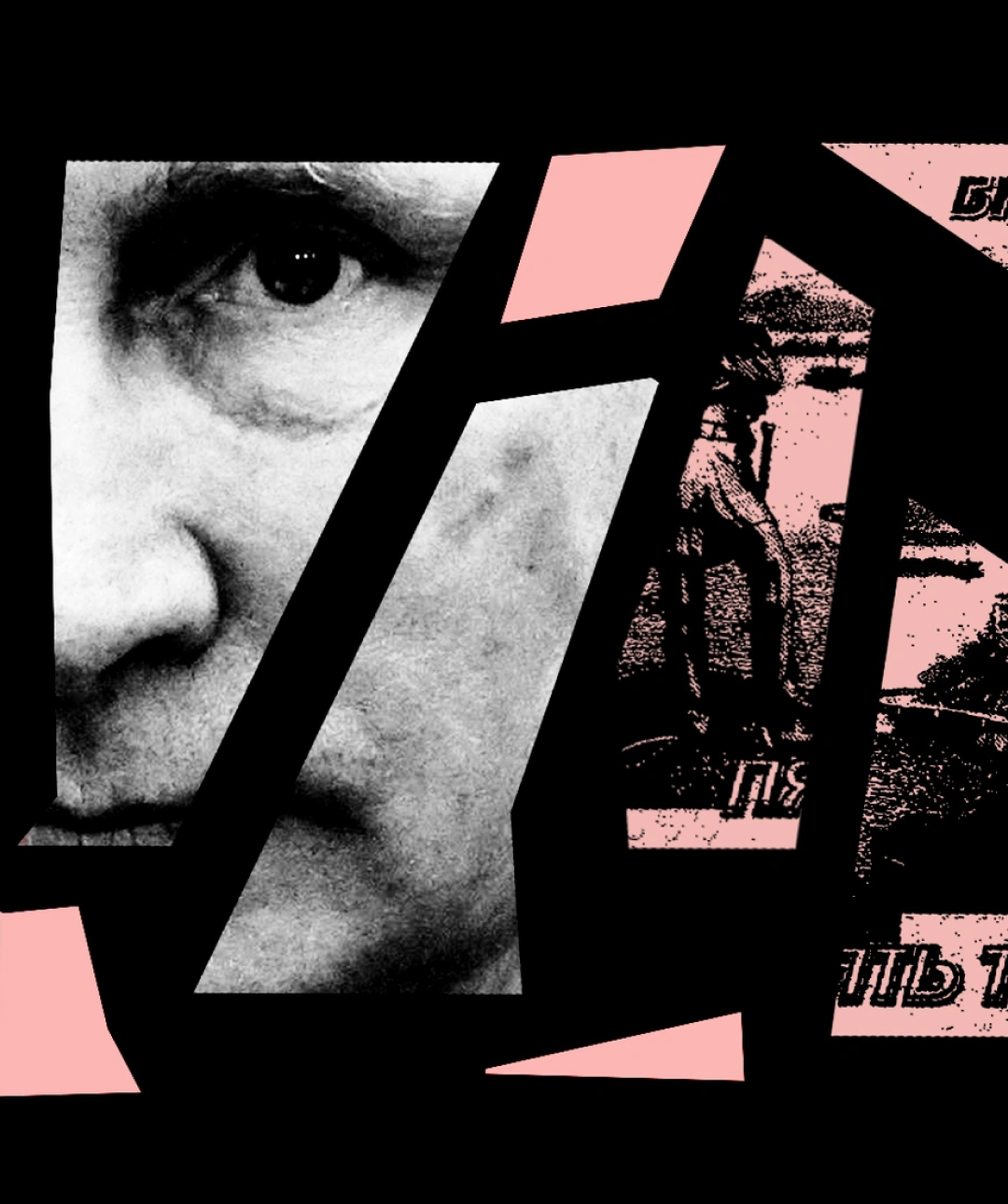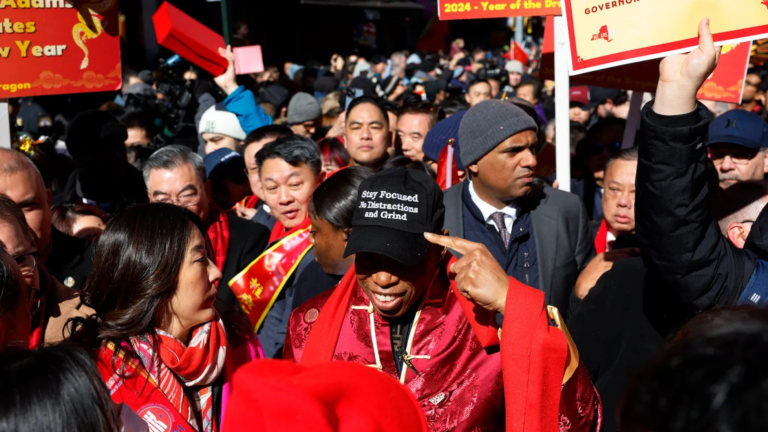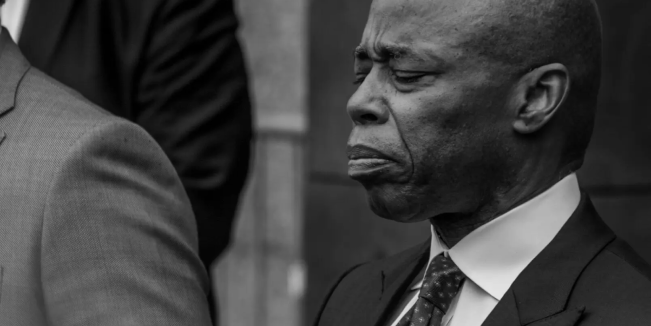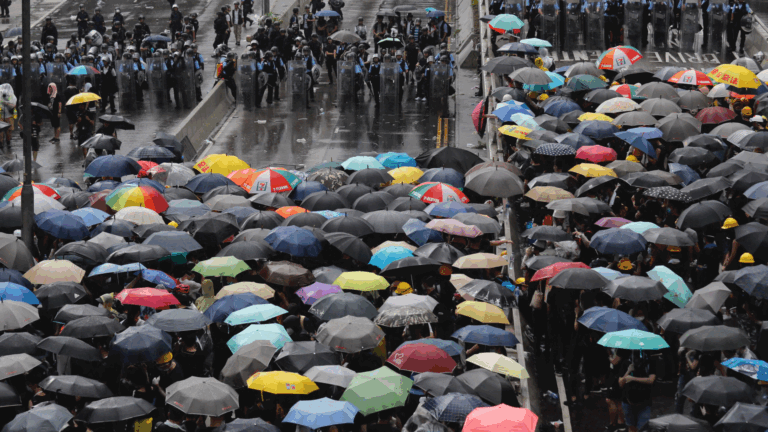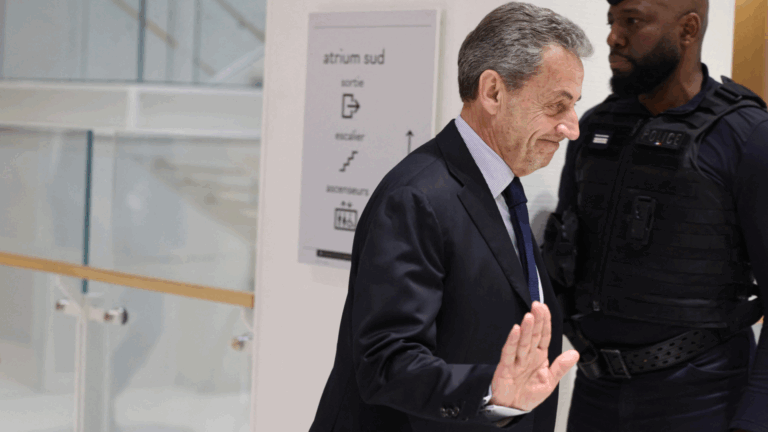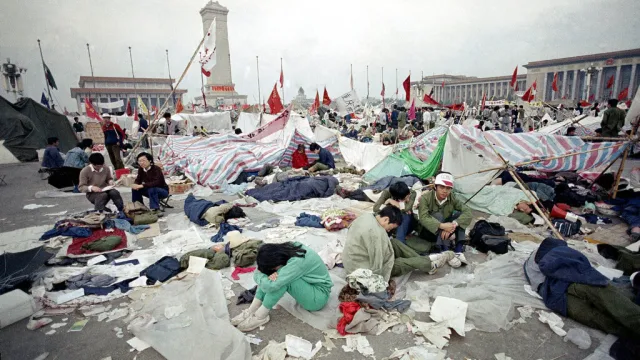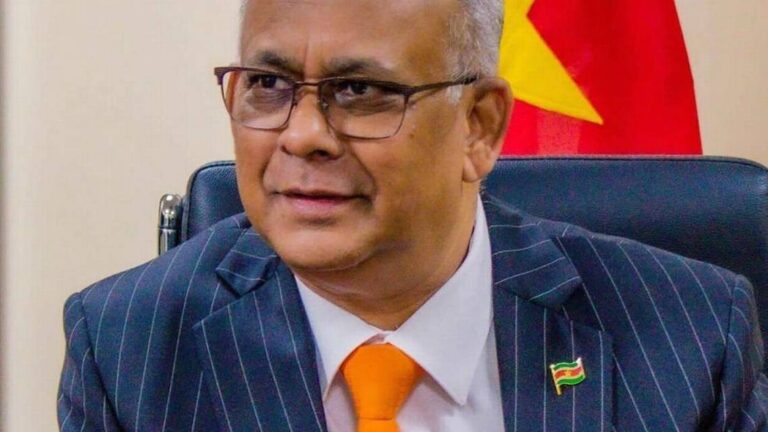For months, the West has fretted over the prospect of paying for Ukraine’s reconstruction. Russia’s war has inflicted an estimated $400 billion in rebuilding costs, a tally that rises every day. Western leaders, already alarmed by inflation and the threat of recession, have understandably blanched over the bill.
But many of them are disregarding a solution that would cover most of Ukraine’s costs and help deter future aggression not only from Russia but from dictatorships around the world. A year ago, Western governments froze some $300 billion in state assets from Russia’s central bank. Now they could seize the funds and give them to Ukraine.
The biggest question is whether this would be legal. As critics have noted, a seizure of this magnitude has never been attempted. Moreover, little precedent exists for the United States to confiscate the assets of a nation with whom (despite the Kremlin’s claims to the contrary) it isn’t at war.
But Russia has unleashed a kind of rank imperialism the world has rarely seen since the Cold War, committing war crimes and—as manifold evidence suggests—genocide, all against a harmless neighbor. Because of its unjustifiable aggression and atrocities, Moscow has forfeited any moral right to funds stashed abroad.
Continue Reading at The Atlantic


